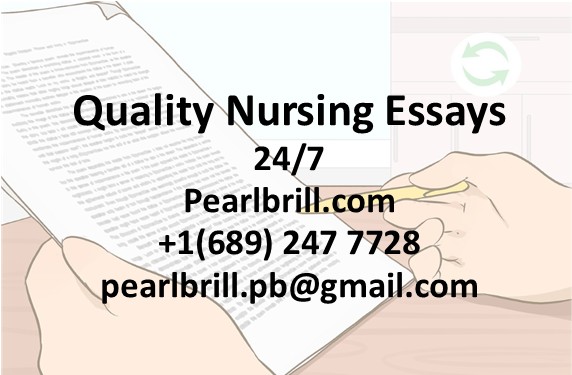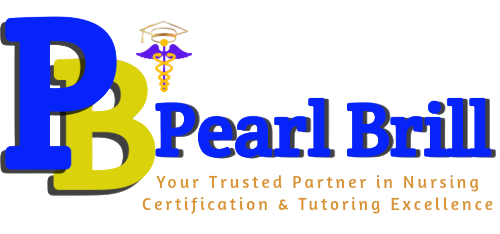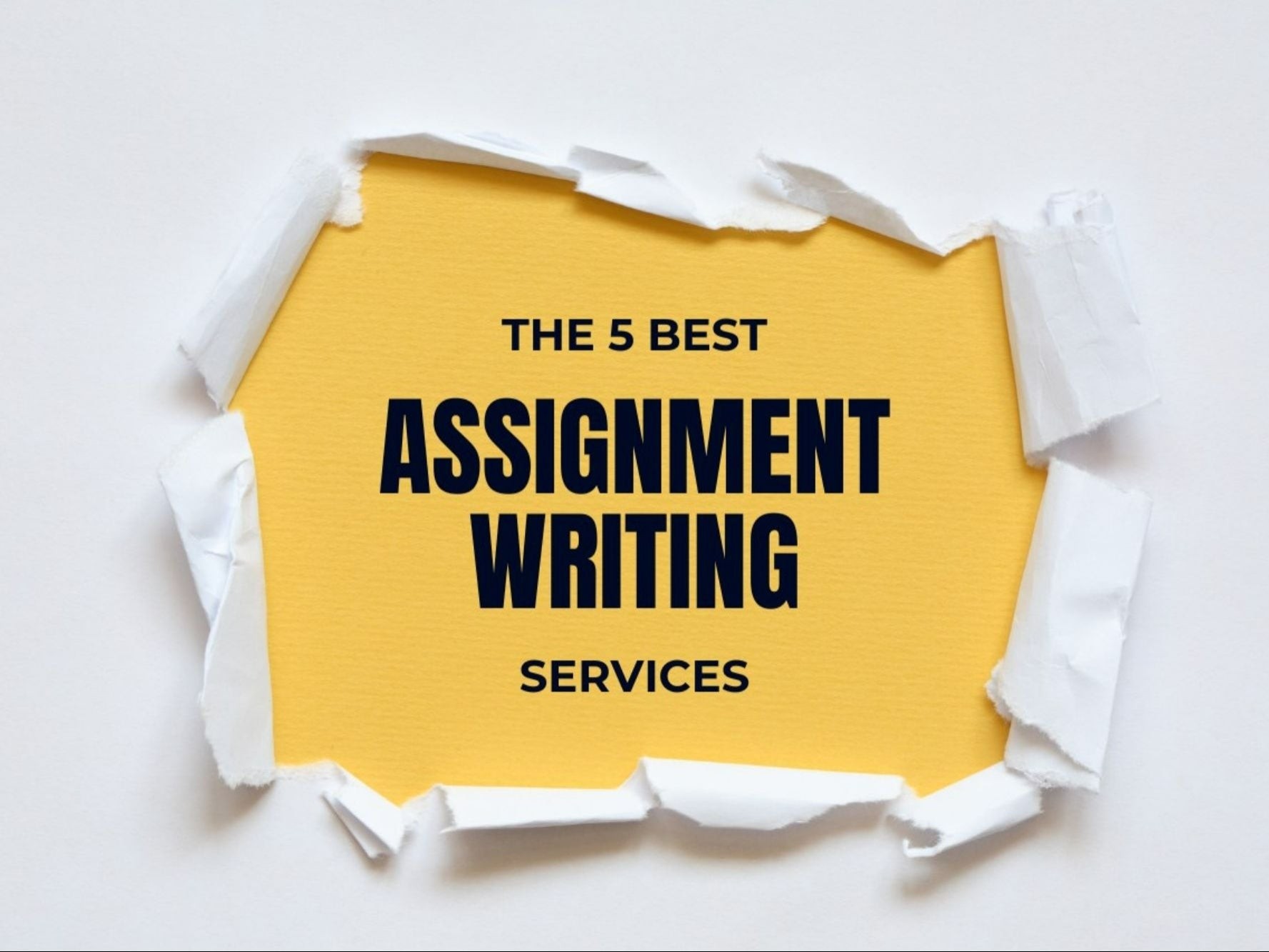
Unlocking Your Learning Success - 10 Tips for Crafting Compelling Essays and Effective Writing
Quality Nursing Essays to Ace Your Grades
Crafting a compelling essay is more than merely putting words on paper; it's an art form that can influence, persuade, and leave a lasting impact on readers. Whether you're a student tackling an academic assignment or a professional aiming to convey your ideas effectively, mastering the nuances of quality essay writing is essential. In this article, we dive deep into ten essential tips that will help elevate your writing from ordinary to extraordinary. From structuring your arguments to enhancing clarity and coherence, each guideline is designed to refine your skills and enhance your ability to communicate effectively. Join us on this journey to unlock the secrets of impactful essays and discover how to engage your audience with powerful, well-crafted prose. Embrace the challenge, and let’s transform your writing into a captivating experience that resonates with readers on every level. Your path to becoming a master essayist starts here!
Understanding the Importance of Quality Essays
Essays are a fundamental part of education and professional communication. They offer a structured way to communicate ideas, arguments, and analyses. Quality essays can influence opinions, provide insights, and contribute to academic and professional success. Understanding the importance of crafting high-quality essays is the first step towards becoming a better writer. A compelling essay not only achieves in everyday life. By mastering the art of essay writing, you are not only preparing yourself for academic and professional success but also developing skills that will serve you well in various aspects of your life. The importance of quality essays cannot be overstated, and investing the time and effort to master this craft is undoubtedly worthwhile.
Key Elements of a Compelling Essay
A compelling essay is built on several key elements that work together to engage the reader and convey the writer’s message effectively. One of the most important elements is a clear and well-defined thesis statement. This serves as the backbone of your essay, providing a central argument or claim around which all other content revolves. A strong thesis statement not only guides the direction of your essay but also helps the reader understand the main point you are trying to make. It should be specific, concise, and arguable, giving your readers a clear sense of your essay’s purpose and direction.
Another crucial element of a compelling essay is a coherent structure. A well-organized essay follows a logical progression of ideas, allowing the reader to follow your argument easily. This typically involves an introduction that sets the stage for your discussion, body paragraphs that elaborate on your thesis with supporting evidence, and a conclusion that ties everything together and reinforces your main points. Each paragraph should have a clear focus and contribute to the overall argument, ensuring that your essay remains cohesive and easy to follow.
In addition to a strong thesis and coherent structure, a compelling essay also relies on the effective use of evidence and examples to support your arguments. This involves conducting thorough research to gather relevant information and incorporating it seamlessly into your essay. By providing concrete evidence and real-world examples, you can strengthen your arguments and make them more convincing to your readers. Moreover, the use of clear and concise language, combined with proper grammar and punctuation, enhances the readability of your essay and ensures that your message is communicated effectively.
Researching Your Topic Effectively
Effective research is the foundation of any quality essay. Without thorough research, your arguments may lack substance and credibility. To begin with, it is important to select reliable sources of information. This means using academic journals, books, and reputable websites rather than relying on internet sources that may not be accurate or trustworthy. By using credible sources, you can ensure that the information you include in your essay is accurate and reliable, which in turn strengthens your arguments.
Once you have identified your sources, the next step is to take detailed notes. This involves summarizing key points, paraphrasing important information, and recording direct quotes that you may want to include in your essay. Organizing your notes in a systematic way, such as by using index cards or a digital note-taking app, can help you keep track of your research and make the writing process more efficient. Additionally, it is important to keep track of your sources and create a bibliography or works cited page to give credit to the authors whose work you have used.
Another important aspect of researching your topic effectively is to critically evaluate the information you gather. This involves questioning the validity and relevance of your sources and considering different perspectives on the topic. By critically analyzing the information you collect, you can develop a deeper understanding of the subject and strengthen your arguments. Furthermore, this process allows you to identify any gaps in your research and address them before you begin writing, ensuring that your essay is well-informed and comprehensive.
For a Compelling Essay Written in Tandem with Your Needs and Expectations,
Email Us: pearlbrill.pb@gmail.com
WhatsApp: +1 (689) 2477728
Crafting a Strong Thesis Statement
The thesis statement is arguably the most crucial part of any essay, as it sets the tone and direction for the entire piece. Crafting a strong thesis statement begins with clearly understanding the prompt or question you are addressing. Take the time to analyze the prompt and determine the main idea or argument you want to convey. Your thesis statement should succinctly summarize this main idea, providing a clear and specific claim that can be supported with evidence throughout your essay.
A strong thesis statement is specific and focused, rather than broad and vague. For example, instead of writing a thesis statement that simply states, "Pollution is bad for the environment," you could write, "The increase in air pollution in urban areas has led to significant health problems and environmental degradation, necessitating urgent policy interventions." The latter is more specific and provides a clear direction for your essay, outlining the main points you will discuss.
Furthermore, a strong thesis statement is arguable, meaning that it presents a claim that others might dispute. This creates a sense of engagement and encourages the reader to consider your perspective. It should not be a mere statement of fact, but rather a claim that requires evidence and analysis to support. By presenting an arguable thesis, you set the stage for a compelling and thought-provoking essay that invites the reader to engage with your ideas and consider your arguments.
Structuring Your Essay for Maximum Impact
The structure of your essay plays a crucial role in how effectively you communicate your ideas and engage your readers. A well-structured essay follows a logical progression of ideas, making it easy for the reader to follow your argument and understand your main points. The basic structure of an essay includes an introduction, body paragraphs, and a conclusion, each serving a specific purpose in your overall argument.
The introduction serves as the opening of your essay, setting the stage for your discussion and capturing the reader's interest. It should provide some background information on the topic, establish the context for your argument, and present your thesis statement. A strong introduction not only grabs the reader's attention but also provides a clear roadmap for the rest of the essay, outlining the main points you will discuss.
The body paragraphs form the core of your essay, each focusing on a specific aspect of your argument. Each paragraph should begin with a clear topic sentence that introduces the main idea of the paragraph and relates it to your thesis statement. This is followed by supporting evidence and analysis, which should be presented in a logical and coherent manner. By organizing your body paragraphs in this way, you ensure that your essay remains focused and easy to follow, allowing the reader to fully understand and engage with your arguments.
The conclusion serves as the closing of your essay, summarizing your main points and reinforcing your thesis statement. It should provide a sense of closure, leaving the reader with a clear understanding of your argument and its implications. A strong conclusion not only ties together the main points of your essay but also leaves a lasting impression on the reader, encouraging them to reflect on your ideas and consider their significance.
The Role of Clear and Concise Language
Clear and concise language is essential for effective essay writing, as it ensures that your ideas are communicated clearly and efficiently. Using simple and straightforward language allows you to convey your message without unnecessary complexity, making it easier for the reader to understand and engage with your arguments. This is particularly important in academic and professional contexts, where clarity and precision are highly valued.
One way to achieve clear and concise language is to avoid using jargon or technical terms that may be unfamiliar to your readers. Instead, use plain language that is easily understood by a general audience. If you must use specialized terminology, be sure to define it clearly and provide context to help your readers understand its meaning. Additionally, avoid using overly complex sentence structures, as these can make your writing difficult to follow. Aim for simplicity and clarity, using short and direct sentences to convey your ideas.
Another important aspect of clear and concise language is the use of active voice. Active voice makes your writing more direct and dynamic, helping to engage the reader and convey your ideas more effectively. For example, instead of writing "The experiment was conducted by the researchers," you could write "The researchers conducted the experiment." This not only makes your writing more concise but also emphasizes the action and the actors involved.
Finally, be mindful of word choice and avoid unnecessary repetition. Use synonyms and varied sentence structures to keep your writing fresh and engaging. By carefully selecting your words and phrases, you can ensure that your essay is clear, concise, and compelling, effectively communicating your ideas to your readers.
Editing and Proofreading Your Work
Editing and proofreading are essential steps in the essay writing process, as they ensure that your work is polished and free of errors. Editing involves reviewing your essay for content, organization, and clarity, while proofreading focuses on identifying and correcting grammatical, spelling, and punctuation errors. Both processes are crucial for producing a high-quality essay that effectively communicates your ideas.
When editing your essay, start by reviewing the overall structure and organization. Ensure that your essay follows a logical progression of ideas and that each paragraph contributes to your overall argument. Check that your thesis statement is clear and well-defined, and that each body paragraph has a clear focus and is supported by relevant evidence. Additionally, consider the clarity and coherence of your writing, making sure that your ideas are clearly articulated and easy to follow.
After editing for content and organization, move on to proofreading for grammatical and mechanical errors. This involves carefully reviewing your essay for spelling mistakes, punctuation errors, and grammatical issues. Pay special attention to common mistakes, such as subject-verb agreement, verb tense consistency, and proper use of commas and other punctuation marks. Reading your essay aloud can help you catch errors that you might miss when reading silently, as it forces you to slow down and pay closer attention to your writing.
Finally, consider seeking feedback from others, such as peers, instructors, or professional editors. Fresh eyes can often catch mistakes and provide valuable insights into areas that may need improvement. By thoroughly editing and proofreading your work, you can ensure that your essay is polished, professional, and free of errors, effectively communicating your ideas to your readers.
Utilizing Feedback for Improvement
Feedback is an invaluable tool for improving your essay writing skills, as it provides you with insights into your strengths and areas for improvement. Whether it comes from peers, instructors, or professional editors, feedback can help you identify weaknesses in your writing and develop strategies for addressing them. By actively seeking and utilizing feedback, you can continuously improve your writing and produce higher-quality essays.
When receiving feedback, it is important to approach it with an open mind and a willingness to learn. Rather than viewing feedback as criticism, see it as an opportunity for growth and improvement. Take the time to carefully consider the feedback you receive and reflect on how you can incorporate it into your writing. This may involve revising your thesis statement, reorganizing your essay, or addressing specific grammatical or stylistic issues.
In addition to considering the feedback itself, it is also important to develop a plan for implementing it. This may involve setting specific goals for improvement, such as focusing on clarity and conciseness in your writing or working on developing stronger arguments and supporting evidence. By setting clear goals and developing a plan for achieving them, you can make targeted improvements to your writing and continuously enhance your skills.
Finally, consider seeking feedback on multiple drafts of your essay. Writing is a process, and receiving feedback at different stages of the process can help you make more meaningful revisions and produce a higher-quality final product. By actively seeking and utilizing feedback, you can develop a deeper understanding of your writing strengths and weaknesses and continuously improve your essay writing skills.
Final Thoughts on Mastering Essay Writing
Mastering the art of quality essay writing is a journey that requires dedication, practice, and a willingness to learn and improve. By understanding the importance of quality essays, identifying the key elements of a compelling essay, and conducting thorough research, you can lay a strong foundation for your writing. Crafting a strong thesis statement and structuring your essay for maximum impact further enhance your ability to communicate your ideas effectively.
Clear and concise language is essential for engaging your readers and ensuring that your message is understood. Editing and proofreading your work help to polish your essay and eliminate errors, while utilizing feedback allows you to continuously improve your writing skills. By embracing these tips and incorporating them into your writing process, you can elevate your essays from ordinary to extraordinary, creating compelling and effective writing that resonates with your readers.
Remember that writing is a skill that can always be improved, and the more you practice, the better you will become. Embrace the challenge and take pride in the progress you make along the way. With dedication and perseverance, you can master the art of quality essay writing and achieve success in your academic and professional endeavors. Your journey to becoming a master essayist starts now, and with these tips, you are well on your way to crafting compelling and effective essays that leave a lasting impact on your readers.
For a Compelling Essay Written in Tandem with Your Needs and Expectations,
Email Us: pearlbrill.pb@gmail.com
WhatsApp: +1 (689) 2477728


